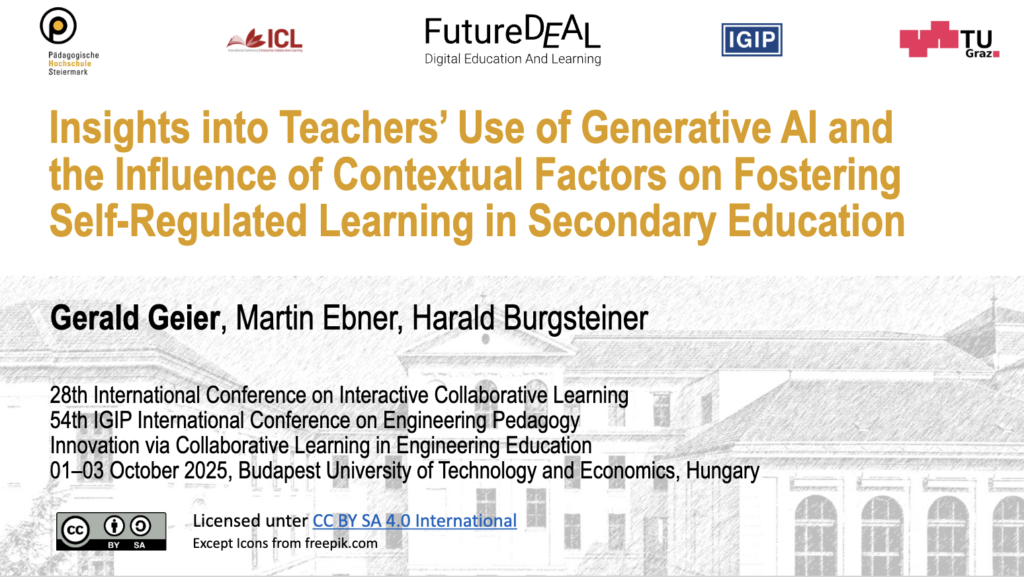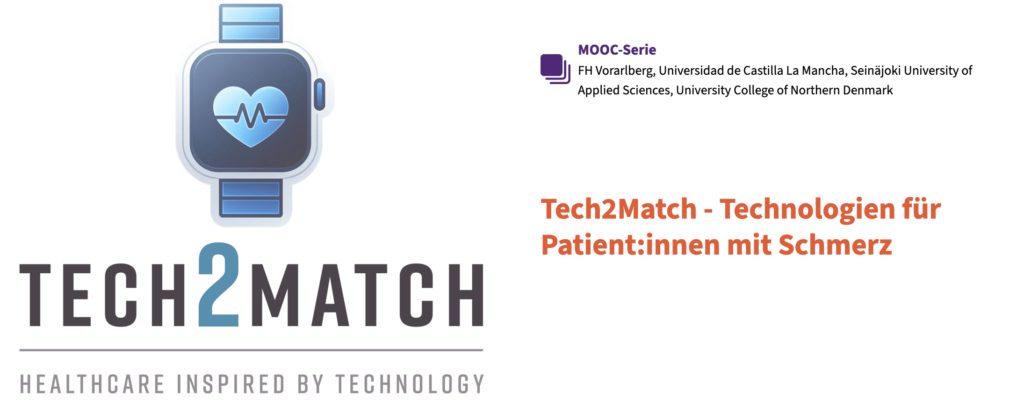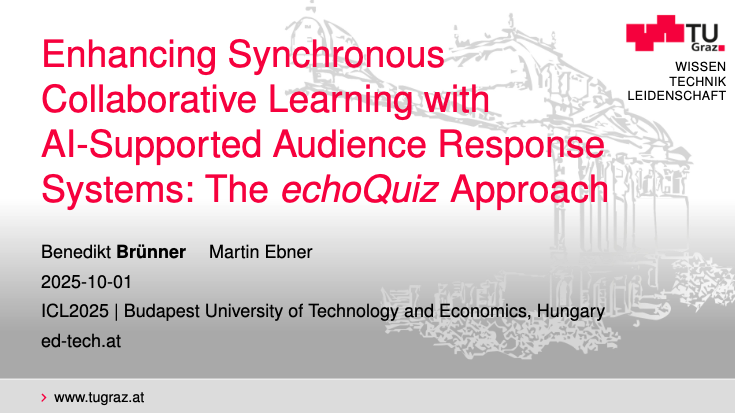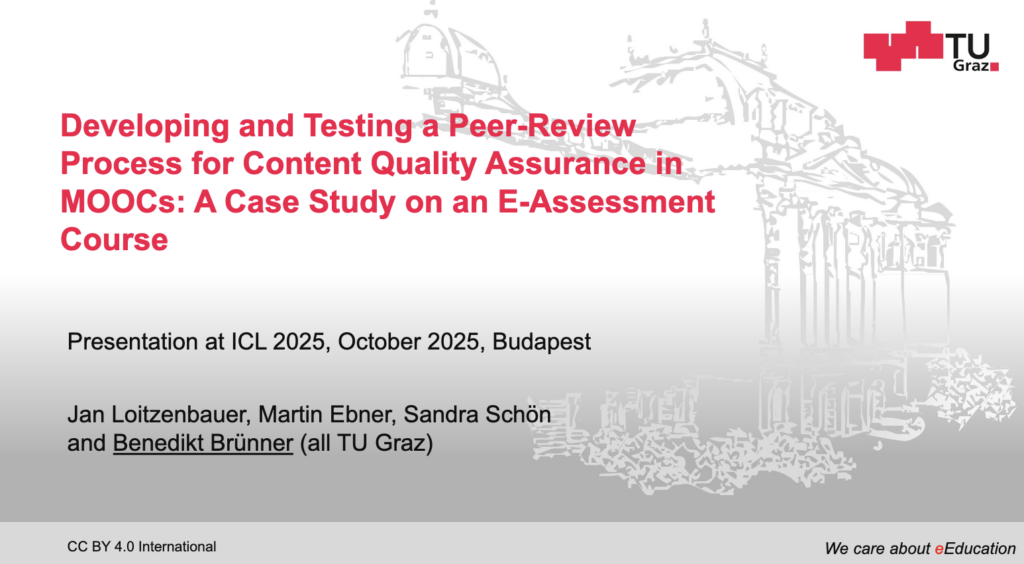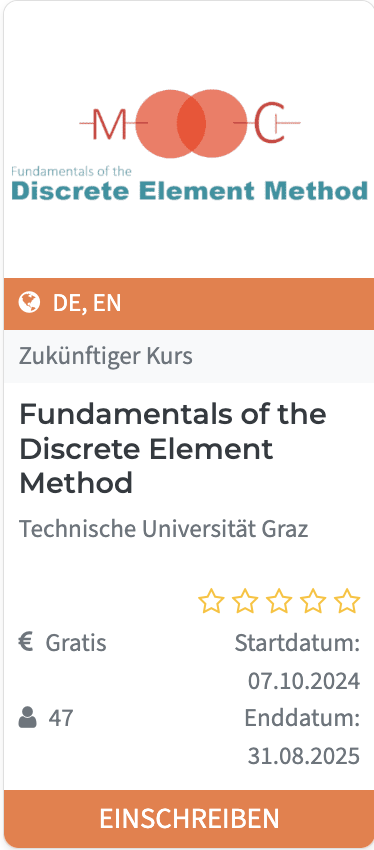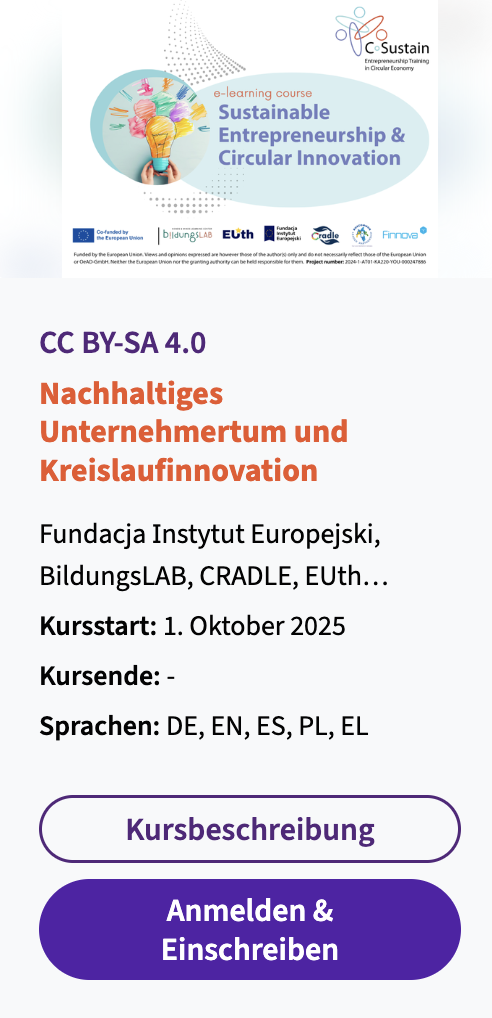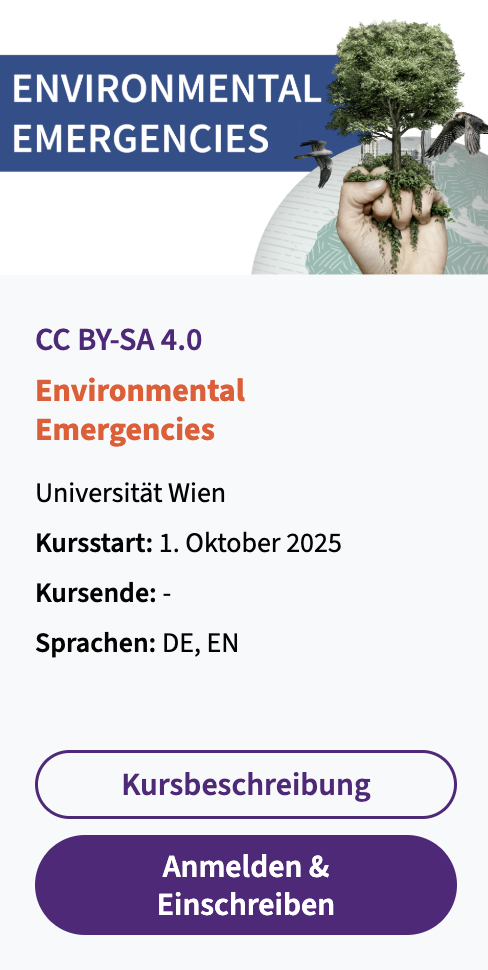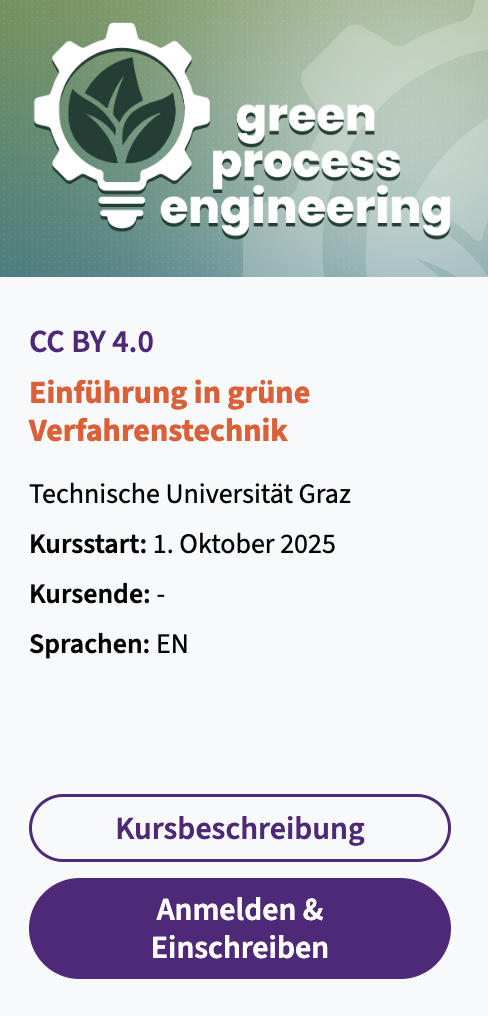Die TU Graz hat einen weiteren MOOC gestartet zum Thema „Einführung in grüne Verfahrenstechnik“.
Der MOOC umfasst vier Themenbereiche: Definitionen und Begrifflichkeiten, Teilsysteme der Bioökonomie, Transformationspfade und Technologien sowie Beispiele aus der industriellen Praxis. Zu jedem der vier Themenbereiche stehen zwischen vier und sechs Videos zur Verfügung, die das jeweilige Thema näher erläutern und zusätzliche Informationen liefern.
Ziel des Kurses ist es, einen Überblick über die Begriffe zu geben, die im Zusammenhang mit „Green Process Engineering“ Bioökonomie, Kreislaufwirtschaft oder industrielle Ökosysteme verwendet werden. Die Teilsysteme der Bioökonomie, zum Beispiel die Holz- basierte, Wasser-basierte oder Pflanzen-basierte Bioökonomie, werden beschrieben. Anschließend werden die von der Europäischen Kommission definierten Transformationspfade und die relevanten Maßnahmen zur Erreichung der Emissionsfreiheit bis 2050 zusammengefasst, bevor einige relevante Beispiele aus der Industrie vorgestellt werden.
Die Teilnahme am Kurs ist wie immer kostenlos, daher einfach anmelden: [Link zur kostenlosen Teilnahme]
